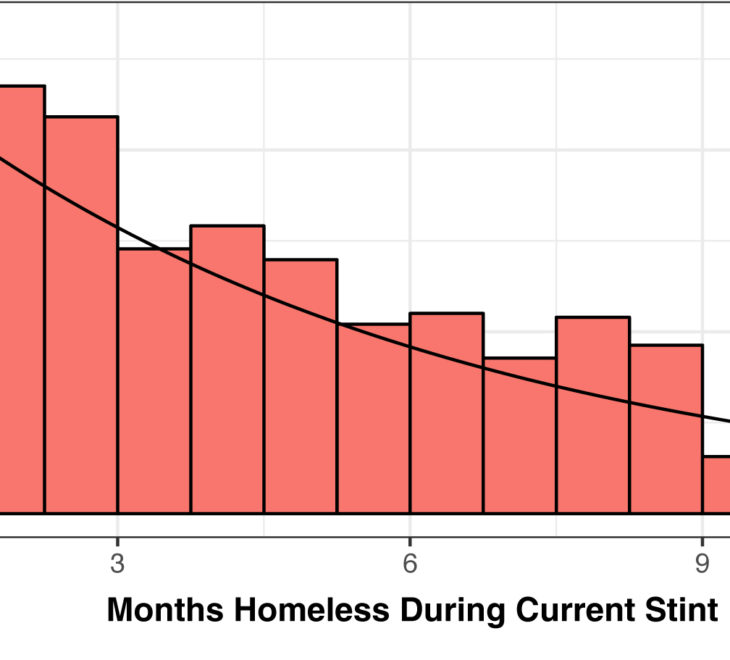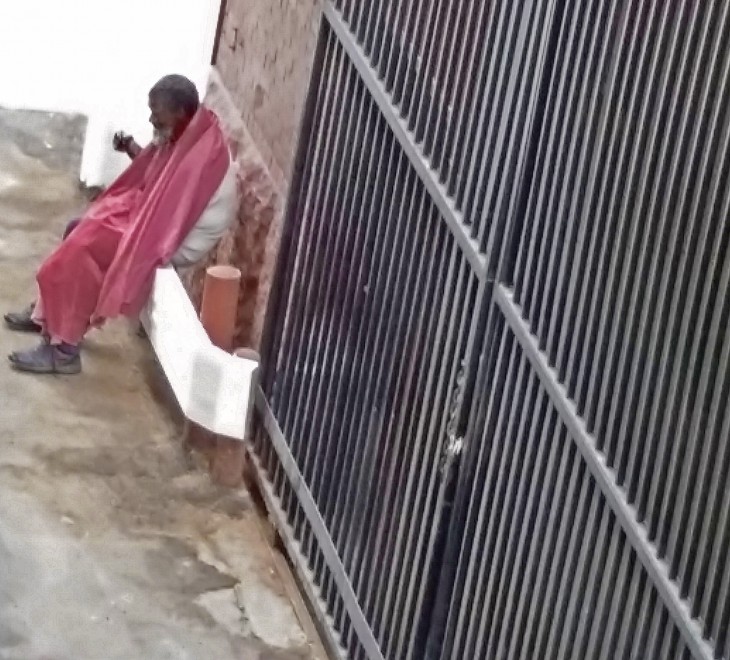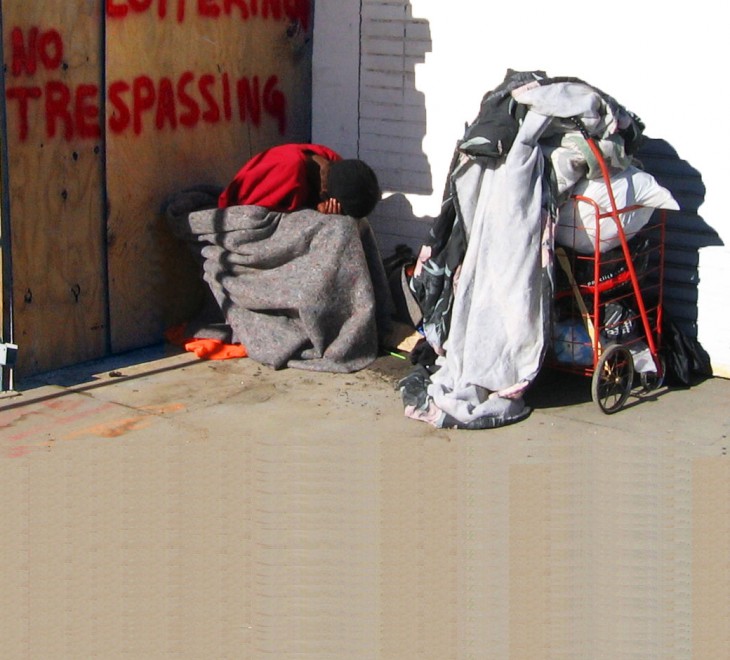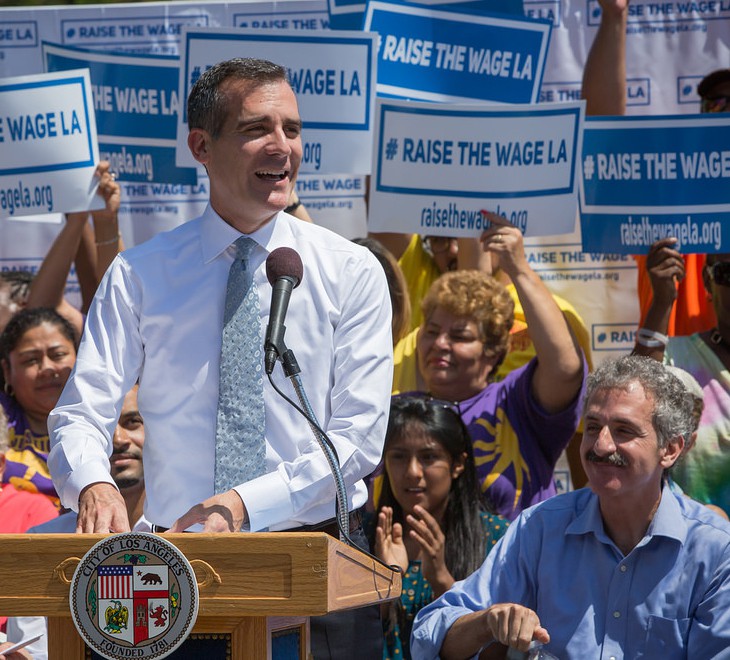A Stimulus Effect for the Region:
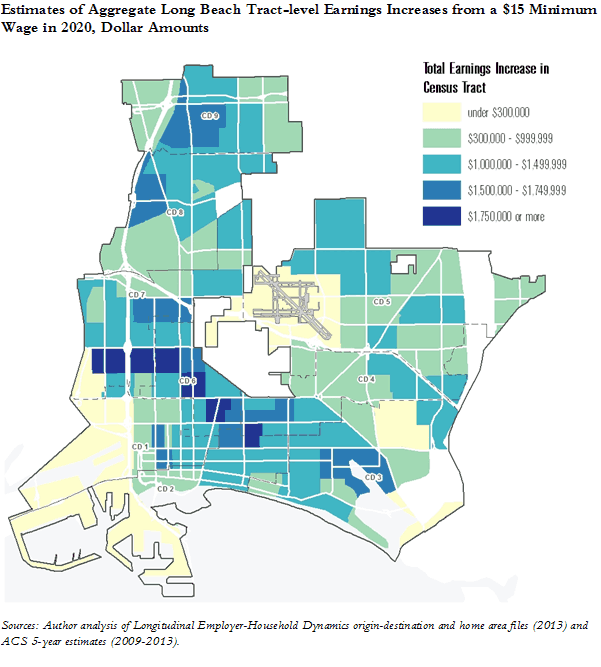 Over 54,000 workers employed in Long Beach’s formal economy will be affected by increasing the minimum wage to $15. The annual earnings of workers will increase by about $405 million. The largest share of increased wages—almost $130 million—will go to workers who also live in the City of Long Beach The greatest number of affected workers and the largest payroll increases will be in restaurants, retail trade, education, transportation and warehousing, and health care.
Over 54,000 workers employed in Long Beach’s formal economy will be affected by increasing the minimum wage to $15. The annual earnings of workers will increase by about $405 million. The largest share of increased wages—almost $130 million—will go to workers who also live in the City of Long Beach The greatest number of affected workers and the largest payroll increases will be in restaurants, retail trade, education, transportation and warehousing, and health care.
The economic stimulus from the $15 an hour minimum wage will create an estimated 3,186 new jobs, 1,006 in Long Beach, through $442 million in increased sales for the region, with $139 million in sales staying within the city. Increased sales and employment are projected to generate almost $70 million in increased public revenue by 2020.
More than 11,700 Long Beach residents now commute to low- and mid-wage jobs in the City of Los Angeles, where they will soon benefit from the recently approved $15 minimum wage in that city. This will raise the economic stimulus within Long Beach to over 125 percent of what will result from the city’s action alone, or over $174 million a year in increased sales within Long Beach.
The strongest impacts of the cash infusion from raising the minimum wage will be felt in Long Beach’s lower-income neighborhoods, with total earned income increasing by as much as 4 percent in neighborhoods with the most low-wage workers. Over 74 percent of low-wage Latino workers will be affected by the wage increase, followed by younger, female, and African American workers.
Added income from a $15 minimum wage will help over 6,500 workers with jobs in Long Beach rise out of poverty by 2020.
Every worker who escapes poverty brings an average of 1.3 additional family members along with them. Over 14,600 people, including 5,900 children, will be lifted out of poverty by Long Beach’s higher minimum wage. The share of workers in poverty will drop from 10.3 percent to 5.7 percent. And there will be a reduction of $78 million in public assistance expenditures, including a $26 million dollar reduction in cash aid payments.
Most workers who will benefit from the higher minimum wage are employed in consumer-oriented businesses such as retail, restaurants, hotels, and personal services that are concentrated in higher income neighborhoods where customers are better able to absorb the cost increases that result from raising the wage floor.
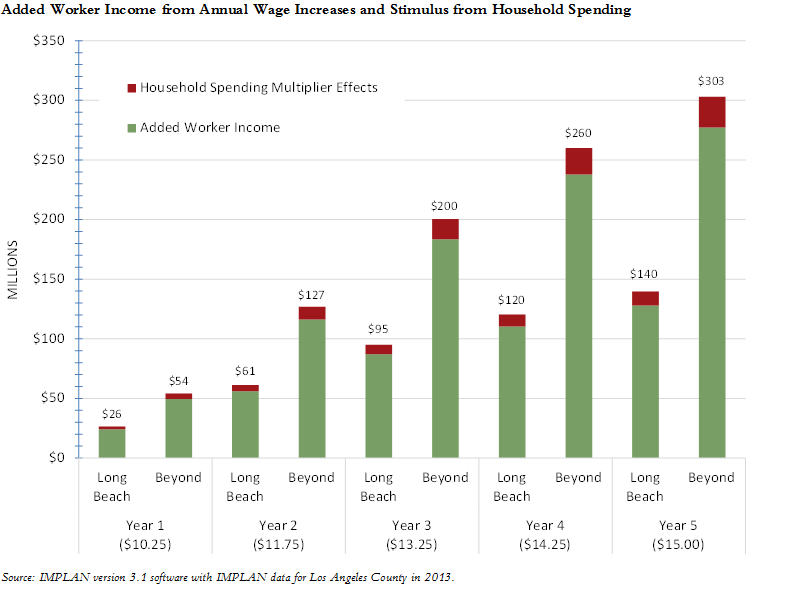 Effects from the minimum wage increase will extend far beyond the municipal boundaries of Long Beach, likely altering flows of labor between the city and neighboring municipalities. Long Beach will be a more attractive and competitive employment destination for the most productive workers in each job class that employs lower-wage workers. The attendant shift in labor supply toward the Long Beach market will pressure neighboring cities to increase their minimum wage levels or risk of losing their most productive labor force to Long Beach.
Effects from the minimum wage increase will extend far beyond the municipal boundaries of Long Beach, likely altering flows of labor between the city and neighboring municipalities. Long Beach will be a more attractive and competitive employment destination for the most productive workers in each job class that employs lower-wage workers. The attendant shift in labor supply toward the Long Beach market will pressure neighboring cities to increase their minimum wage levels or risk of losing their most productive labor force to Long Beach.
Workers Living in Long Beach
Ten percent of Long Beach residents who work receive food stamps and 5 percent receive cash aid. Forty-nine percent of Long Beach residents who work but are paid less than $15 an hour live in overcrowded housing and 32 percent pay over half of their income for rent.
Eighteen percent Long Beach workers paid less than $15 an hour are estimated to be employed below the table. Because their employers do not comply with labor and tax laws, workers in the informal economy are highly vulnerable to wage theft and lack legal protections.
Long Beach residents will be major beneficiaries of actions by the City of Long Beach as well as by neighboring cities to raise the minimum wage. The social fabric of Long Beach will be strengthened as family incomes become more sustainable.
As the second largest city in Los Angeles County, the fifth largest in the state and the thirty-sixty largest in the United States, action by Long Beach to raise the minimum wage to $15 will be important for enabling its labor force to earn enough to pay for basic necessities and also for setting the direction for other cities.
Press Coverage and Articles
Long Beach council votes to move forward on minimum wage hike
By Margot Roosevelt, Orange County Register (January 21, 2016)
Long Beach City Council Approves $13 Minimum Wage With “Pathway” to $15 by 2021
By Jason Ruiz, Long Beach Post (January 20, 2016)
Long Beach council votes to raise minimum wage
By Andrew Edwards, Press-Telegram (January 20, 2016)
Long Beach City Council Passes New Minimum Wage
By NBC 4 Los Angeles (January 20, 2016)
Long Beach council votes to raise minimum wage
By L.A. Biz (January 20, 2016)
Long Beach votes to raise minimum wage to $13 by 2019
By Brian Watt, KPCC (January 20, 2016)
Long Beach City Council Votes to Gradually Raise Minimum Wage to $13
By Chelsea Edwards, ABC 7 Eyewitness News (January 20, 2016)
Long Beach City Council Votes to Raise Minimum Wage To $13 By 2019
By CBS Los Angeles (January 20, 2016)
Long Beach City Council approves minimum wage increase to $13 a hour
Debbie L. Sklar, My News LA.com (January 20, 2016)
California minimum wage jumped a few happy tears
By Sarah Le, NTD News (January 6, 2016)
Long Beach Minimum Wage Raise Clears Commission, Advances Towards Final Vote
By Allison Mannos, LAANE (January 6, 2016)
Long Beach commission calls for $13 minimum wage by 2019
By Andrew Edwards, Long Beach Press-Telegram (January 6, 2016)
Economic Development Commission Recommends $13 An Hour Minimum Wage
Harry Saltzgaver, Gazette Newspapers (January 6, 2016)
Business leaders propose alternatives to Long Beach’s minimum wage push
By Andrew Edwards, Long Beach Press-Telegram (December 21, 2015)
More Questions than Answers as Long Beach Minimum Wage Recommendations Deadline Nears
By Jason Ruiz, Long Beach Post (December 15, 2015)
Los Angeles Economic Roundtable Study Provides Person-Centric View of Higher Wages in Long Beach
By Jason Ruiz, Long Beach Post (November 24, 2015)
Long Beach Considers Minimum Wage Hike; Opponents, Supporters Want Study Scrutiny
By Zamná Ávila, Assistant Editor, Random Lengths (October 30, 2015)
Wage Issues, Fair Workloads
By Dianne Anderson, Long Beach Leader (October 22, 2015)



